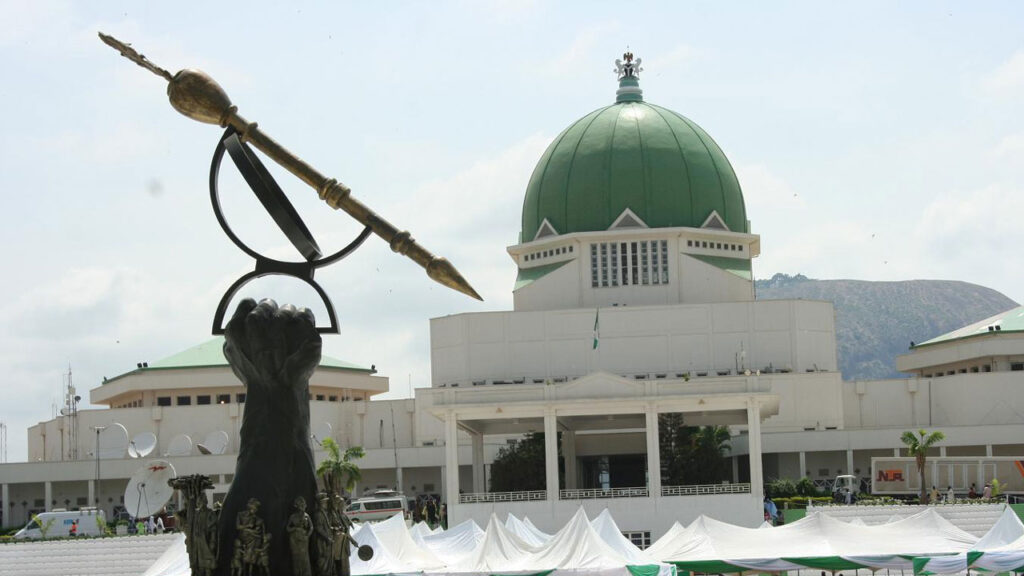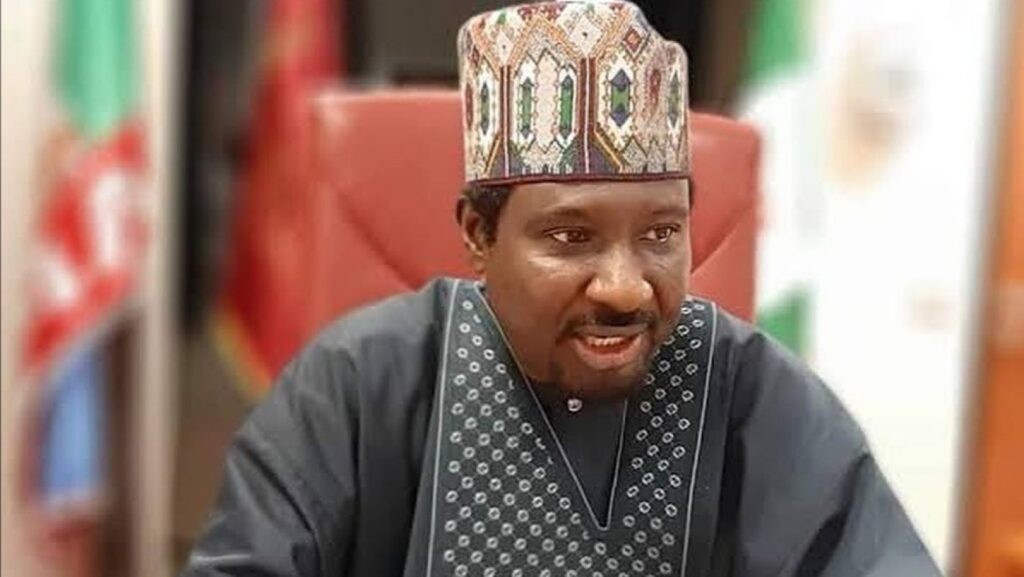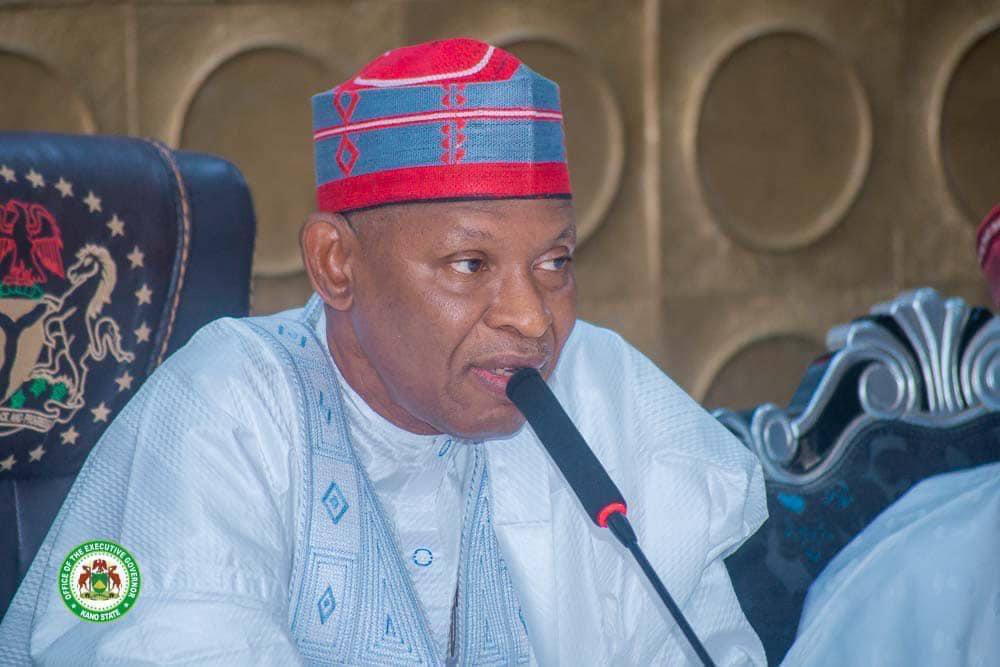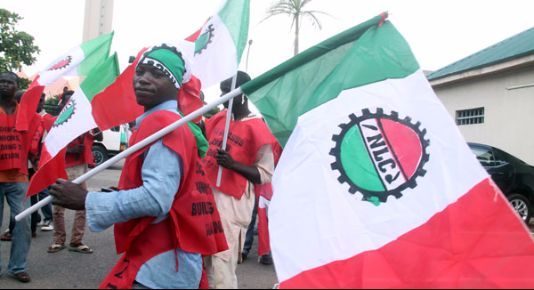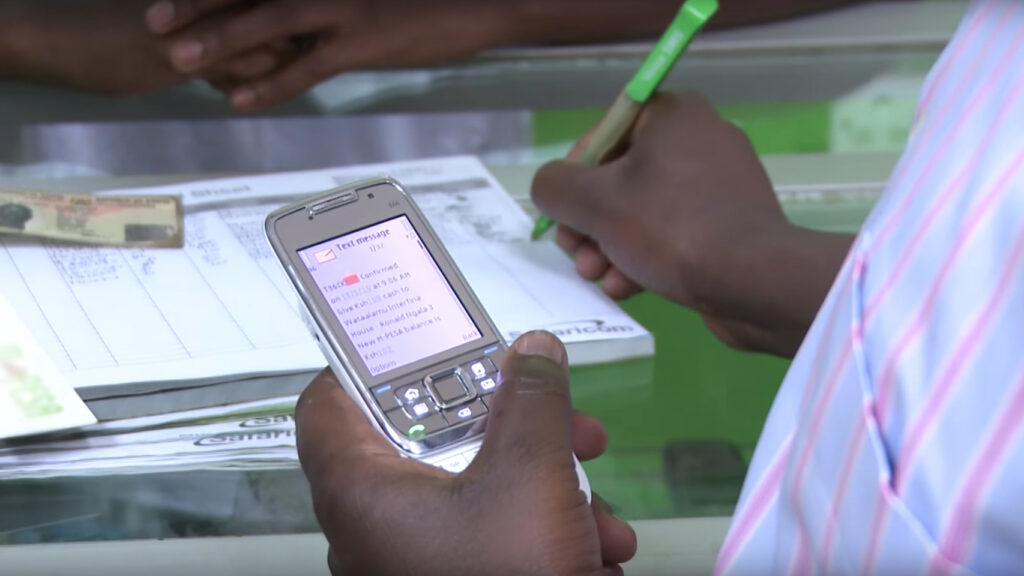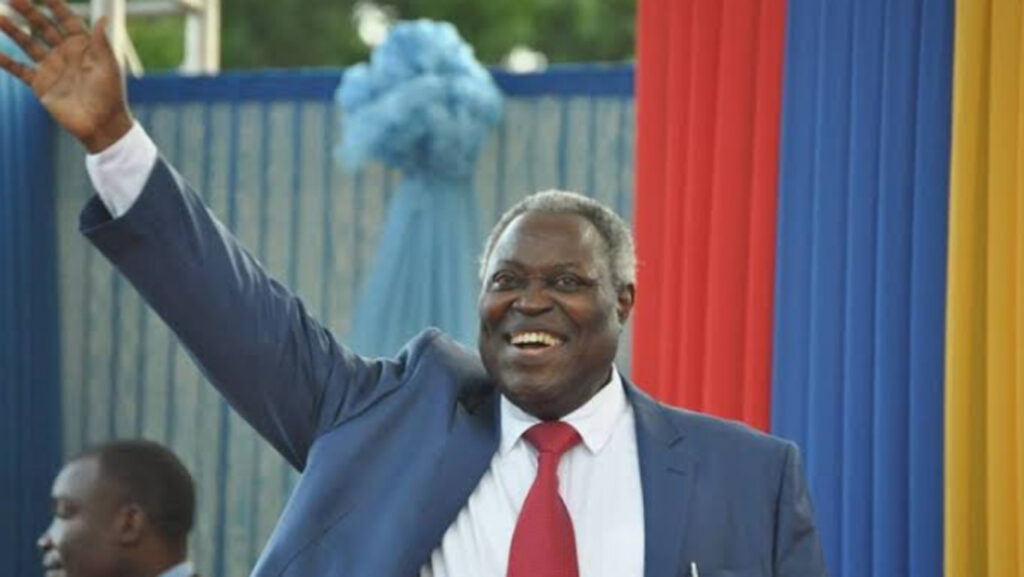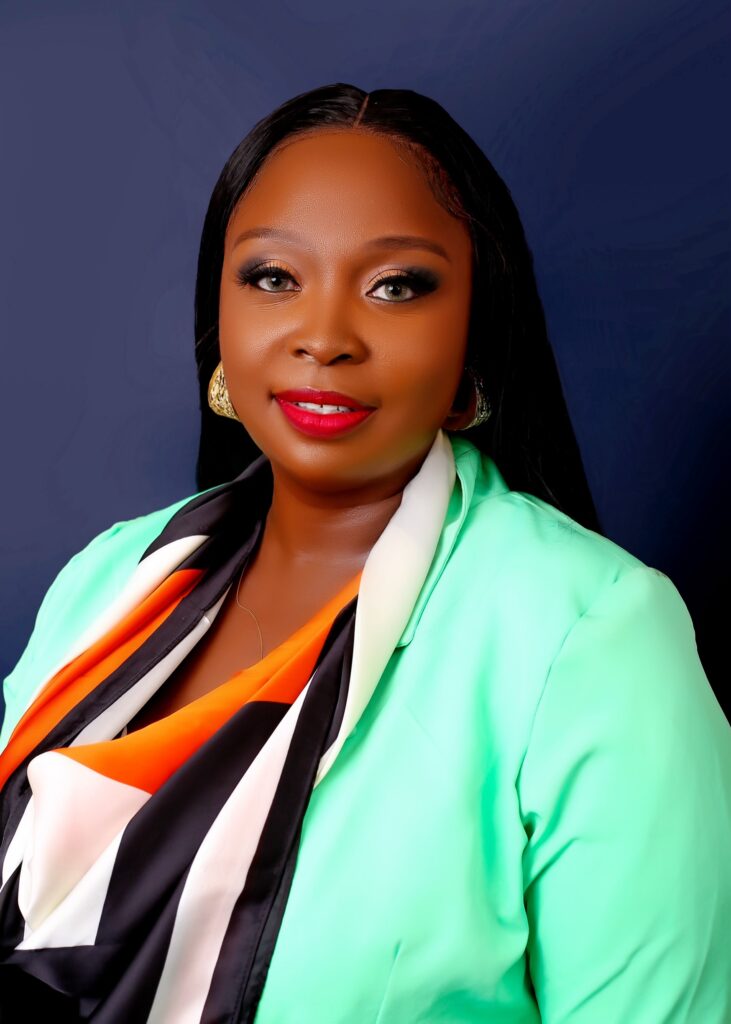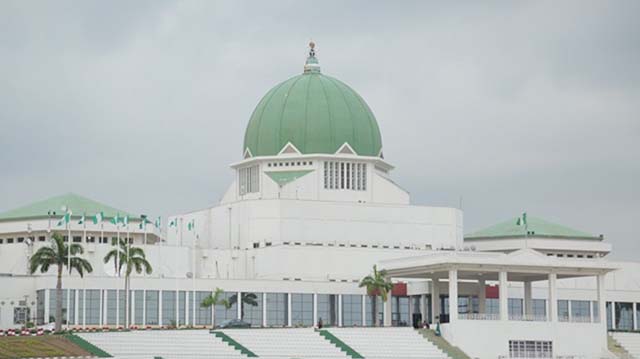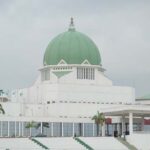However, history can be kind to a people, though not for too long. Some luck nations even get a second chance to put things right, learn from the past; restructure the present and reposition society for a progressive future. This is the case with Nigeria. We are getting not just a second, but a third chance to reposition the country for the greatness that God has rightly given to us and for which we have sacrificed so much in the past.
There are of course, several obstacles to repositioning Nigeria for growth, stability, and democracy. First is the rather pedestrian understanding of democracy. Often, Nigerians confuse it with its ephemeral features thus neglecting the deepening and grounding that is required for consolidation and sustainability. Second, is that the long years of military dictatorship, political rascality among the elites, insensitivity to the plight of the poor and the cultivation of culture of waste and corruption had built in the people an attitude of “I know everything,” “all public officers are thieves,” “it will soon fail,” “ and “dem go soon taya.”
Trust, tolerance, mutual support and confidence have been eroded from the system through bad governance and poor leadership. A third problem is that Nigerians, over the last four decades got used to doing things the wrong way, came to like it and found easy scapegoats for their failures. Consequently, people have designed extra-legal coping mechanism and strategies for survival in an increasingly tough socio-economic environment. The direct consequence of this strategy of survival is that less attention is paid to safety nets, productivity, accountability, and due process.
Fourth problems with Nigeria is the reliance on impunity and the arrogance of power. This can be found in the famous “wetin dem fit do syndrome” or “na we dey for power, na me talk am” approach issues. So, we privatise the state, the instruments of coercion, subvert the judiciary, and rely on manipulation, violence, shortcuts and intimidation. The legal order is weakened while those with power get away with almost every offence. For ordinary people, they tend to build and sustain all sorts of real and dubious patron-client relationship just to ensure that impunity does not wipe them off face of the land.
Finally, because we have built a direct and diabolical connection between power and accumulation of wealth, all focus is shifted away from production to corruption, from investing in ideas and people to celebrating mediocrity and opportunism, and from due process and the rule of law to political brigandage and ruthless abuse of power. This is where corruption, inefficiency, waste, and all forms of indiscipline take over. The consequences are there for us to see in our academic institutions, parastatals, ministries; even the private sector was easily trapped. For instance, people set up banks just to manipulate interest rates and play around with government funds! No wonder, Nigeria was on the precipice of total collapse by May 1999.”
Professor Ihonvbere is a master in computer hence former President Olusegun Obasanjo was fond of him. However, he was not part of President Obasanjo’s ‘Dream Team’ that comprised of Mallam Nuhu Ribadu (63), Mallam Nasir Ahmad El-Rufai (64), Dr. Obiageli “Oby” Ezekwesili (61), Professor Charles Chukwuma Soludo (63) and Dr. Ngozi Okonjo-Iweala (70).
The “Dream Team” was the intellectual think tank of President Obasanjo, who designed his policies especially in his second term but Professor Ihonvbere belonged to a group which someone described as ‘League of Reliables’ from which former President Olusegun Obasanjo drew advice and counseling.
Those of them still alive are still loyal to the old man till today. The League included Professor Oladipo Olujimi Akinkugbe (17 July 1933-15 June 2020) from Ondo city in Ondo state, Dr Christopher Olusola Kolade (91) from Ido Faboro in Ekiti state, Oba Adebiyi Adegboyega Adesida, Afunbiowo II (5 December 1950- 1 December 2013), the late Deji of Akure, Taiwo Ojo from Igbo-Ora in Oyo state, Bodunde Adeyanju from Ado-Ekiti in Ekiti state, Major General Abdullahi Mohammed (rtd), former Chief of Staff, Chief Ufot Ekaette (1939-2019), former Secretary to the Government of the Federation, Professor Emmanuel Chukwuma Edozien (1937-2019), Otunba Oyewole Fasawe, Asiwaju of Owo, Ambassador Taofeek Olawale Oseni (SCOP), Professor Onaolapo Olusegun Soleye (11 November, 1933-15 November 2023), Professor Abraham Babalola borishade (7 March 1946 – 26 April 2017) from Usi Ekiti, Mrs Oluremi Oyo(1952-2014), Colonel Lateef Kayode Are (rtd.), who served as Director of State Security Service between 1999 and 2007, Chief Onyeama Ogochukwu (80), Andy Uba, Chief Tunji Oseni (1942-2004), Senator Liyel Imoke(62) and others.
In those days in The Villa, Professor Ihonvbere was regarded as one of the ‘untouchables’. He flew with President Olusegun Obasanjo in all his trips both foreign and local. His ambition was to be Governor of Edo State. He lost in the PDP primaries to Professor Oserheimen Osunbor (73) SAN, from Iruekpen in Esan West local government area, who later also lost to Comrade Adams Oshiomole in the Court of Appeal on November 11, 2008, in a judgment delivered in Benin by five judges of the Federal Court of Appeal—Justice Umaru Farouk Abdullahi (President), Justice John Fabiyi, Justice Amina Adamu Augie, Justice Ayo Salami and Justice Uzor Anyanwu. The judgment nullified the April 14, 2007 gubernatorial election held in Edo state.
Governor Oshiomhole later appointed Professor Julius Ihonvbere as Edo state Secretary to the State Government on November 12, 2012. His sponsorship of the bill to oust the National Anthem adopted by his former boss, General Olusegun Obasanjo, is still a mystery to political observers. Anyway, he said in his book, “The truth is that Nigeria is changing”. The change or rather the transformation, has affected Professor Ihonvbere no doubt.
Even the Greek philosopher Heraclitus is credited with the idea that the only constant in life is change. The issue is that if the National Assembly could get a bill approved and assented to by the President in less than a week, certainly our legislators could get many things done if they so wish.
Concluded.
Teniola, a former Director at the Presidency wrote from Lagos.

